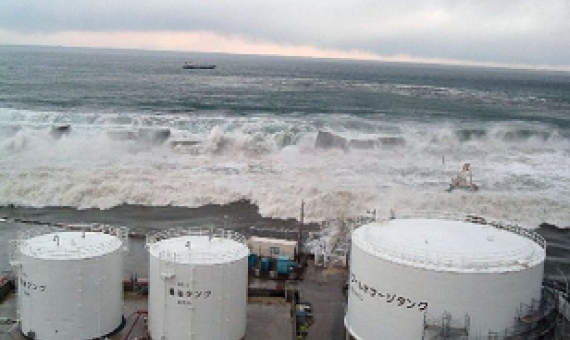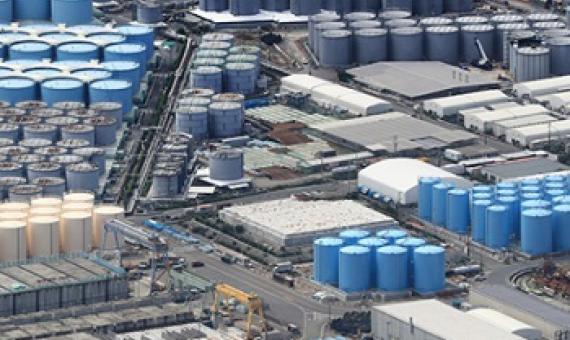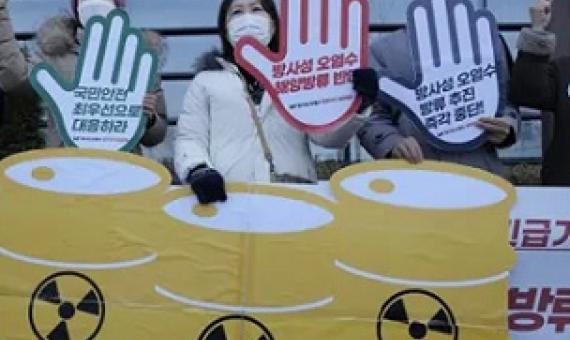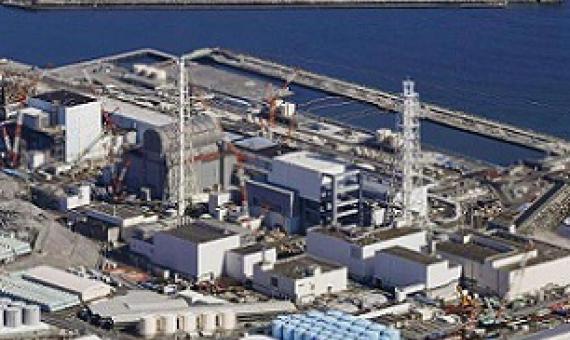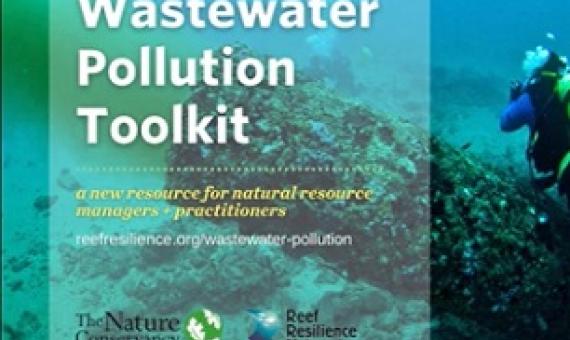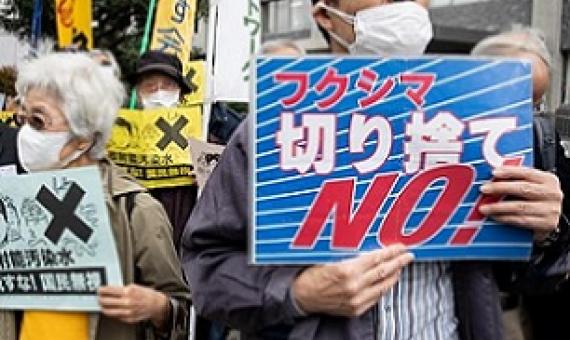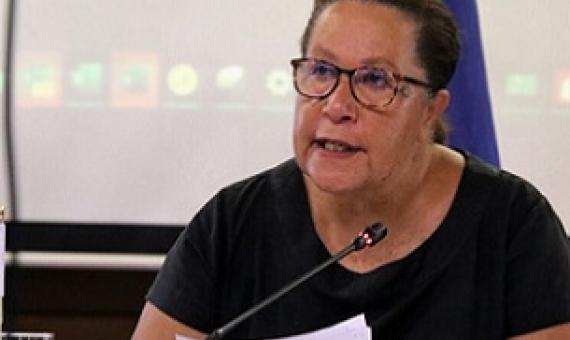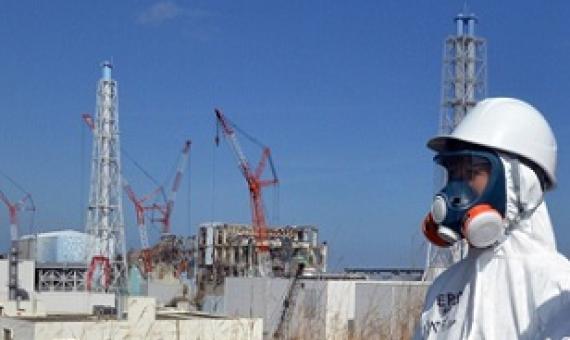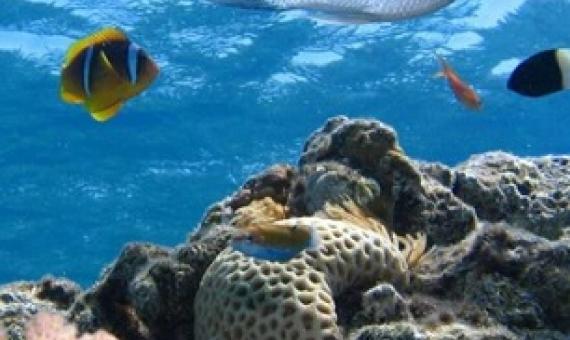Japan will soon begin releasing treated radioactive water into the ocean following approval from the United Nations’ nuclear watchdog for a controversial plan that comes 12 years after the Fukushima nuclear meltdown.
An independent panel of global experts on nuclear issues are supporting Pacific nations in their consultations with Japan over its intentions to discharge treated nuclear wastewater into the Pacific Ocean.
A UN nuclear taskforce has promised to prioritise safety as it launches a review of controversial plans by Japan to release more than 1m tonnes of contaminated water into the ocean from the wrecked Fukushima Daiichi nuclear plant.
Chinese scientists have mapped out the potential global effects of Fukushima discharge, suggesting that the contaminated water, if poured forth, may sprawl onto the entire Pacific Ocean within 10 years. The study, published online in the peer-reviewed journal National Science Review, showed
The new Wastewater Pollution Toolkit provides the latest science and strategies to help marine managers address wastewater threats wherever they work.
The Pacific Islands Forum is calling on Japan to re-think plans to dump toxic waste in the ocean. The Japanese government has announced plans to release treated water from the destroyed Fukushima nuclear power plant into the Pacific.
In my capacity as Depositary of the South Pacific Nuclear Free Zone Treaty (Treaty of Rarotonga), as Pacific Ocean Commissioner, and on behalf of the Council of Regional Organisations in the Pacific: we note, with deep concern, the decision by the Government of Japan to discharge the Advanced Liq
Japan will release more than one million tonnes of radioactive water from the destroyed Fukushima nuclear plant into the Pacific Ocean.
Excessive nutrients, such as nitrogen and phosphorus, have devastating effects on coastal marine ecosystems by causing algal blooms that deplete oxygen in the water, killing marine life. Such nutrients can enter the sea in wastewater or run-off from agricultural land.

